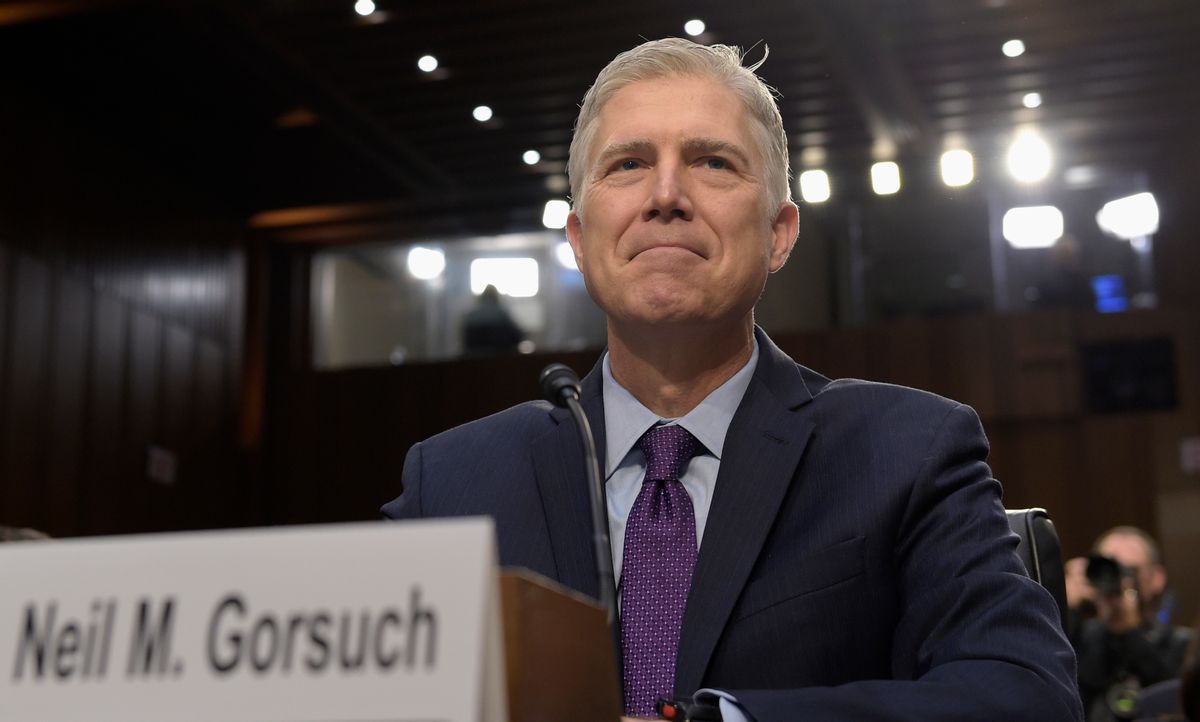 On Monday, the Supreme Court heard a major case that will substantially weaken public-sector unions and diminish the strength of the Democratic Party.
On Monday, the Supreme Court heard a major case that will substantially weaken public-sector unions and diminish the strength of the Democratic Party.
That case is Janus v. American Federation of State, County, and Municipal Employees, which will determine whether public-sector unions can collect fees from non-union employees.
It sounds like a simple and technical issue, but the outcome could change the fate of public-sector unions, the strongest-standing bulwark of labor organizing in a time when many private unions have largely faded.
Unions need to be able to enforce fees on non-members because these employees could otherwise reap the benefits of collective bargaining, such as higher payer, job protection, and good working conditions. Without the power to enforce fees on non-members, unions could be substantially weakened because there would be a strong incentive for employees to free-ride and not pay the fees — ultimately undermining the benefits of collective bargaining.
Opponents say that forcing non-member to pay union fees violates the First Amendment because unions engage in political speech. However, the court already ruled on those arguments in 1977 in Abood v. Detroit Board of Education, coming down in favor the unions. There's no reason for the court to take the issue again. Even many conservative legal analysts disagree with that the court should hear Janus.
But the court heard a similar case last year, and it came down 4-4 after Justice Antonin Scalia died. It's widely believed that Scalia would have voted against the unions. Justice Neil Gorsuch is almost certain to follow this path.
As the New York Times reports, major conservative donors have backed this aggressive legal attack on public sector unions. And it's not just about labor — it's a political attack to weaken the Democratic Party, which draws substantially on public-sector unions for financial and organizational support.
As Eric Segall, a law professor at Georgia State, argues, there's no constitutional basis for the conservative justices to rule against unions and overturn Abood.
"If the Justices were to take their prior rules regarding precedent (and federalism interests) seriously, they would not overturn Abood," Segall writes. "[I]t will demonstrate yet again that the values and politics of the Justices trump their alleged commitments to legal principles and the rule of law. Moreover, if the Justices overturn Abood, it will be because Justice Gorsuch, not Judge Garland, now sits on the Court, not because the first amendment forbids states from making the decision to require all public sector employees to financially support the unions that represent their best interests."



Shares